Certified Fraud Examiner
Learn what a CFE can do for you… Protect Your Company and Clients
In today’s economic climate, who will help you protect your company and your clients from the devastating impact of fraud?
Fraud can creep into your business in several ways.
You may find you need an objective expert to deter potential problems, investigate allegations or provide resolution.
- Investigate allegations against one of your employees
- Recommend strong anti-fraud internal controls
- Conduct interviews related to sensitive issues
- Assist with financial dispute resolution
- Resolve irregularities discovered during your company’s audit
- Provide expert testimony on financial and investigative matters
A Unique Set of Skills
Fraud Examiners have a unique set of skills that are not found in any other discipline; they combine knowledge of complex financial transactions with an understanding of the law, criminology, investigation, and how to resolve fraud allegations.
CFEs work in various disciplines, including accounting, auditing, fraud investigation, and security, as well as in different industry segments, including government, healthcare, financial services, manufacturing, and retail distribution.
CFEs are knowledgeable in four areas critical to the fight against fraud:
- Fraudulent Financial Transactions
- Criminology & Ethics
- Legal Elements of Fraud
- Fraud Investigation
Reduce Fraud Risks and Costs
Heightened fraud awareness, combined with new laws and regulations, has increased the workforce’s already growing demand for professionals who are highly skilled at deterring, detecting, and investigating fraud.
CFEs have the ability to:
- Identify and reduce opportunities for fraud
- Implement effective anti-fraud controls
- Continuously improve anti-fraud measures based on new risks and technologies.
- Educate employees to deter fraud and report wrongdoing
- Resolve allegations or suspicions of fraud
- Assist in the recovery of fraud losses
Experience and Integrity
The standards for CFE certification are set by the ACFE’s Board of Regents, who are elected by CFE members and drawn from the profession’s most experienced members. CFE candidates must hold a Bachelor’s degree from an accredited institution and possess two or more years of professional experience in a field related to fraud deterrence and detection.
The CFE Exam is a rigorous process, testing candidates’ knowledge in all areas of fraud examination. CFEs must acquire at least 20 credit hours of continuing professional education each year to ensure that they remain informed, empowered, and educated.
Code of Ethics
- Commitment to professionalism
- Diligence in performance
- Avoidance of conflict of interest
- Testifying truthfully and without bias or prejudice
- Complete confidentiality
- The revelation of all material matters discovered during an examination
- Continued effort to increase the competence and effectiveness of professional services performed under his or her direction
Need Help? Contact Us Today!
Our Promise: Total Customer Satisfaction
Suncoast CPA Group is a full-service CPA firm dedicated to providing our customers with total satisfaction by our dedication to the highest quality of
service delivered with a genuine sense of warmth, friendliness, individual pride, and Company Spirit, in a manner exceeding expectations.
tags
Certified Fraud Investigator
Discover how a CFE can benefit you… Protect Your Business and Customers
In the current economic scenario, who will assist you in protecting your business and clientele from the devastation of fraud?
Fraud can enter your firm in a variety of ways.
Need Help?
Contact Us Right Now!
You may require an objective expert to prevent potential issues, investigate allegations, and provide resolution.
A CERTIFIED FRAUD EXAMINER (CFE) provides the necessary anti-fraud knowledge and skills to:
- Examine claims made against one of your employees.
- Recommend strong anti-fraud internal controls
- Conduct interviews regarding delicate matters
- Assist in the resolution of financial disputes
- Remedy inconsistencies detected during your company’s audit
- Witness as an expert on financial and investigative matters
A Unique Set Of Skills
Fraud Examiners possess talents that cannot be found in any other field; they combine knowledge of complex financial transactions with the law, criminology, investigation, and fraud claims.
CFEs operate in various fields, such as accounting, auditing, fraud investigation, and security, and various industries, such as government, healthcare, financial services, manufacturing, and retail.
CFES HAVE KNOWLEDGE OF FOUR IMPORTANT ASPECTS OF THE FIGHT AGAINST FRAUD:
- Fraudulent Financial Transactions
- Criminology & Morality
- Legal Elements of Fraud
- Fraud Investigation
- Reduce Fraud Threats And Expenses
- Combined with new rules and regulations, enhanced awareness of fraud has boosted the demand for highly qualified people capable of preventing, detecting, and investigating fraud in the workforce.
CFES can identify and reduce fraud opportunities.
Implement effective anti-fraud controls
Enhance anti-fraud measures based on evolving threats and technologies.
- Educate staff to prevent and report fraud.
- Resolve fraud allegations or suspicions
- Aid in the recovery of fraud-related damages
- Expertise And Morality
The standards for CFE certification are established by the ACFE’s Board of Regents, which comprises the most experienced individuals in the field and is elected by CFE members. CFE candidates must earn a Bachelor’s degree from an authorized university and have at least two years of relevant work experience.
The CFE Exam is a complex examination that tests candidates’ knowledge in all areas of fraud examination. To remain informed, empowered, and educated, CFEs must complete at least 20 credit hours of continuing education each year.
Code Of Conduct
CFES, AS LEADERS WHO INSPIRE PUBLIC CONFIDENCE IN THE INTEGRITY AND OBJECTIVITY OF THE PROFESSION, ADHERE TO THE CODE OF PROFESSIONAL ETHICS FOR CERTIFIED FRAUD EXAMINERS.
- The following are included in the code:
- Dedication to professionalism
- Effort in performance
- Averting conflicts of interest
- Testifying truthfully and without prejudice or bias
- Complete confidentiality
Disclosure of any physical evidence discovered during an examination
Continued attempts to enhance the proficiency and efficacy of the professional services they direct
